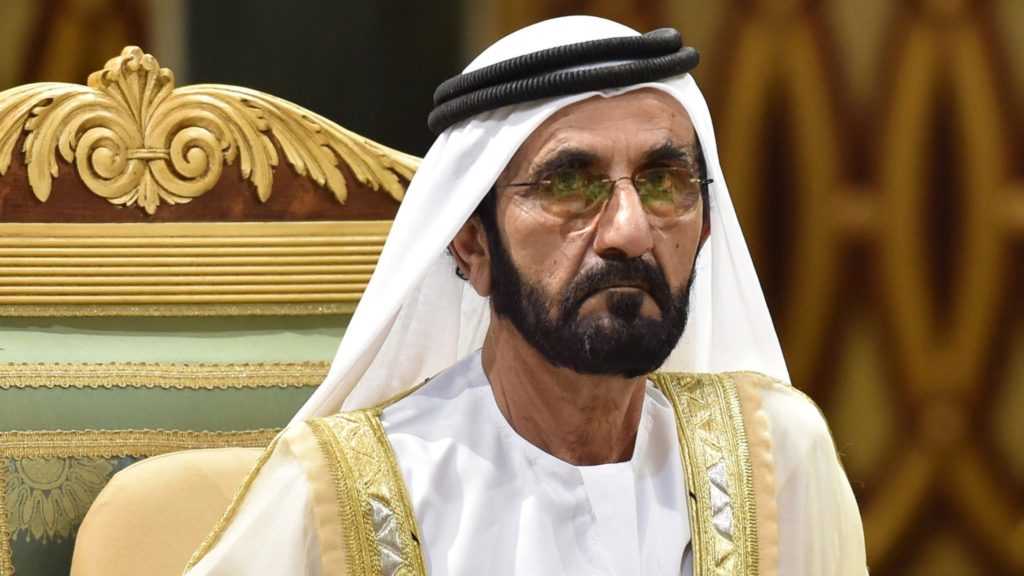The United Arab Emirates’ cabinet announced on Monday that it will implement a type of unemployment insurance, the latest reform by the Gulf country as it seeks to attract talent and investment amid rising regional economic competition.
On Twitter, UAE Prime Minister and Vice-President Sheikh Mohammed bin Rashid al-Maktoum, who is also the ruler of trade metropolis Dubai, indicated that insured workers would receive some money if they were forced to unemployed for a brief time.
“The goal is to improve labour market competitiveness, provide a social safety net for workers, and create a stable working environment for all,” according to the statement.
The statement did not say if this applied equally to UAE citizens and non-citizen residents.
Permission to remain in Gulf countries like the UAE, where foreigners account for 85 percent of the population, has always been linked to employment, and losing a job usually means leaving the country.
Gulf countries Qatar, Oman, Kuwait, and Saudi Arabia have all offered some type of unemployment assistance to their people, and Bahrain provides a form of unemployment insurance for non-citizen residents.
As Saudi Arabia, the largest Gulf state opens up its economy, the UAE has been working to maintain the upper hand, proposing new visa categories and social reforms to attract and retain skilled personnel and their families.
To align with global markets, the UAE converted to a Saturday-Sunday weekend this year and has changed rules and regulations in the last 18 months, including decriminalising alcohol consumption and pre-marital cohabitation.
The cabinet also set new quotas for Emirati citizens working in the private sector, continuing a long-standing strategy known as “Emiratization.”
By 2026, it expects Emirati nationals to make up 10% of private-sector employees in enterprises with more least 50 employees, with rates growing 2% every year until then.


